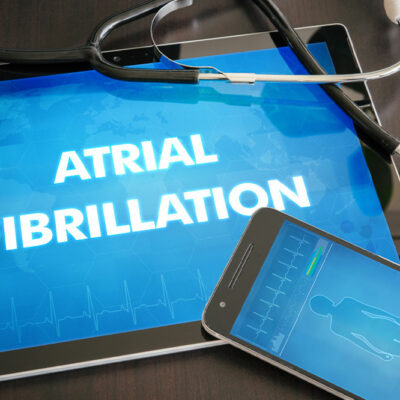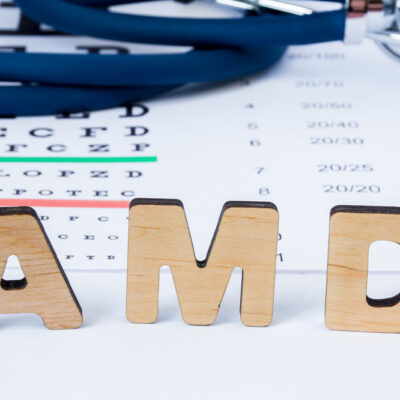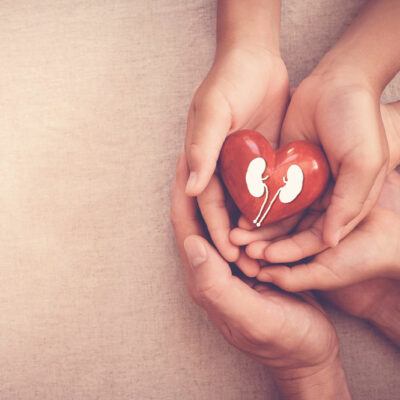10 subtle warning signs of prostate cancer

Cancer is a health complication that triggers cell mutations in various parts of the body, including the prostate – a gland that is part of the male reproductive system. There are several signs of prostate cancer, and each could differ from one individual to the next. However, people often misidentify the symptoms as those of other health complications. Therefore, here are ten subtle warning signs of prostate cancer to help diagnose the disease and seek treatment at the earliest.
Poor and weak urine flow
The bladder may suffer from the poor and weak flow of urine for several reasons, including aging. However, the sign isn’t always linked to prostate cancer. If the symptom starts to show itself when one is younger or without any underlying conditions, one should speak to an expert and receive a diagnosis. The slow and weak flow of urine is a silent warning sign of prostate cancer that requires healthcare attention. Leaving the condition unchecked and untreated may result in the spread of the cancer-causing cells to other parts of the body, which may permanently affect an individual’s well-being.
Pain in the prostate
Pain in the prostate may occur when one suffers from infections, injuries, or other diseases. Old age might also be a contributing factor to this development. But if the sign shows itself without any underlying cause, one should check with a urologist for signs of prostate cancer. Since cancerous cells may cause unusual growths in the organ, they could press against the prostate, which may trigger pain, especially when one is in a sitting position.
Soreness in the groin
The spread of cancer may also trigger pain in the groin. Unusual growths may affect the function of the lymph nodes. As a result, one may experience soreness and pain in the groin that may surface regularly. The painful sensations may also worsen as the cancer progresses.
Numbness in other parts of the body
One may also experience pain and numbness in other body parts due to the onset of prostate cancer. As the mutations spread, they may cause mild to severe painful sensations and numbness in regions including the chest, lower back, hips, and legs. Most people could receive a diagnosis in the early stages. However, the sign may be associated with other health conditions. Therefore, one should set regular appointments with an expert if the pain does not subside after receiving the relevant treatment.
Painful or burning sensation while urinating (Dysuria)
A painful or burning sensation is another common indicator of prostate cancer. However, people might associate the symptoms with urinary tract infections. The wrong diagnosis could result in severe complications later on. The pain might be triggered due to cancerous growths pressing against the parts of the urinary tract. To avoid any risk of cancerous mutations, it’s best to get a diagnosis to determine the source of the painful sensation.
Blood in the urine (Hematuria)
There is a range of reasons why blood could mix with urine, including urinary tract infections. But the sign might also be an early indicator of prostate cancer that must not be overlooked. The symptom might occur due to cancerous developments that damage the kidneys, where urine is created. It may also be triggered due to a compromised urinary tract, including the ureters, bladder, or urethra. The tumor might press against these structures, resulting in bleeding passed out through urination. Therefore, this type of symptom should be reported to a specialist and diagnosed at the earliest.
Diarrhea and constipation
Signs like diarrhea and constipation are usually triggered by health complications, age, and the foods an individual eats. So, it is possible that one might not pay heed to the sign and take prescriptions for the wrong condition. However, it could also be a sign of cancer that starts in the prostate. Cancerous development usually spreads and could affect one’s digestive tract and bowel movement. As a result, one may develop gastrointestinal signs, including diarrhea and constipation. Speaking to an expert may help determine the exact cause of the symptoms.
Ejaculation problems
Most men may have trouble with ejaculation due to physical reasons such as surgery, trauma to the pelvis or genitals, hormonal conditions, and chronic illnesses such as multiple sclerosis or diabetes. Other reasons could include anxiety, relationship trouble, tiredness, and stress. However, if an individual experiences symptoms like trouble with ejaculation out of the ordinary, they may be susceptible to prostate cancer. The signs may include a reduced volume of semen, inability to maintain an erection, and hematospermia (blood in the semen).
Swelling the legs
People with prostate cancer may also experience swelling in their legs if the mutation has spread to this region. Cancerous growths may trigger a build-up of fluid in the legs, which results in the symptoms. Those with swollen legs might struggle to exercise or carry out regular physical activities. Therefore, they must speak with an expert for ways to manage cancerous development and recovery. One should note that the symptom may also occur if one has undergone treatment, such as surgery or radiation therapy for the disease. The sign may occur when the lymph nodes are removed or damaged, and lymphatic fluid collects in the surrounding tissue resulting in swelling.
Fatigue
One might feel fatigued after a strenuous day at work or after excessive physical activity. However, people who develop any form of cancer are susceptible to signs such as fatigue, which is feeling extremely tired. The condition may trigger the symptom, even if one has a good night’s rest. Fatigue may occur due to the low healthy blood cell count or low electrolyte levels due to cancer. Cancerous developments in the prostate or other parts of the body may also generate harmful substances that alter how normal cells work, leading to such signs of tiredness. It might be caused after an individual undergoes treatments or surgery to eliminate the growth. Treatments destroy normal cells along with mutated ones, which leads to a build-up of cell waste. The body then uses additional energy to clean up and repair the damaged tissue, which results in fatigue.








